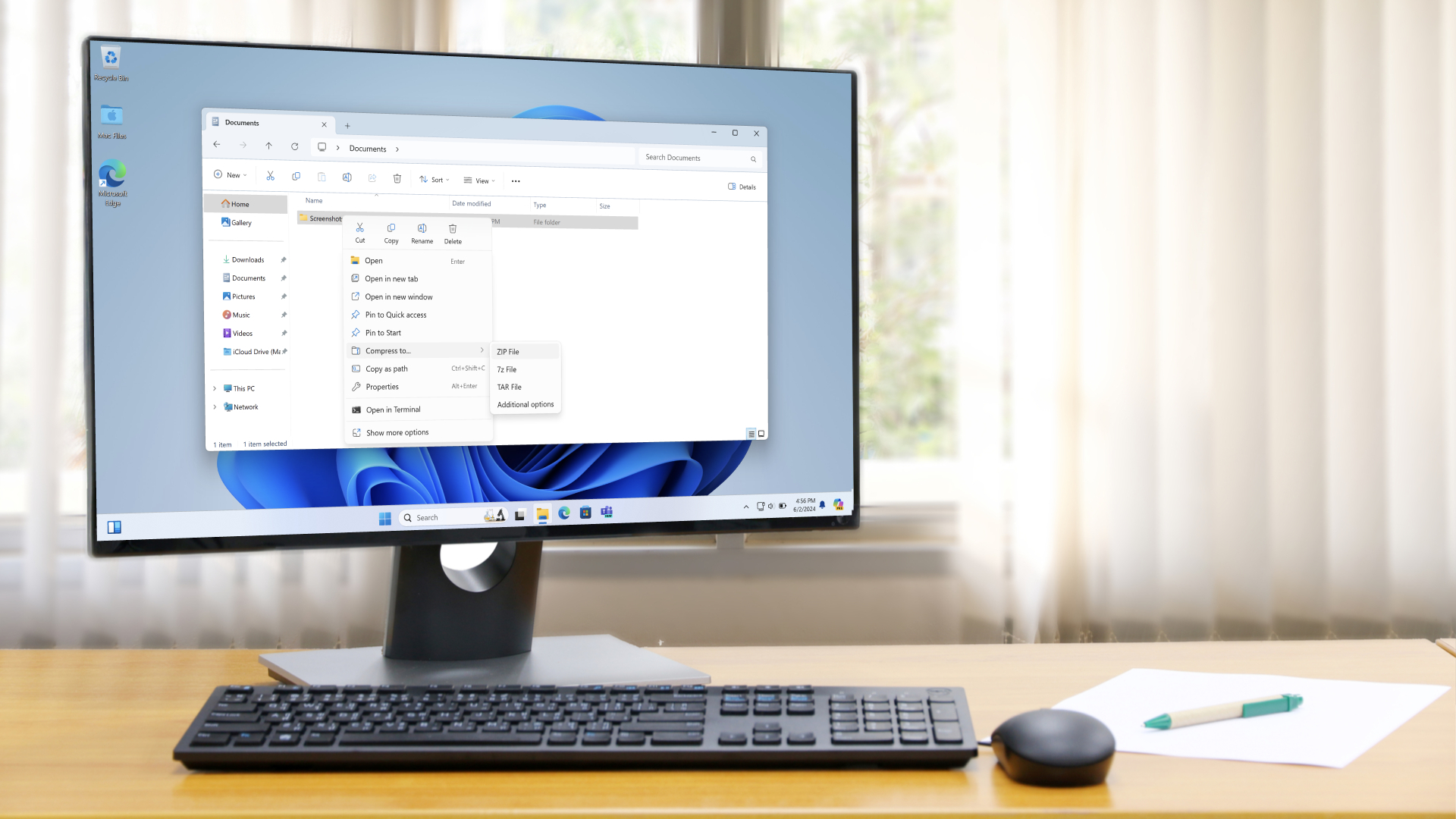It likely hasn’t escaped your attention that Microsoft is busy trying to drive people to switch from Windows 10 to Windows 11, what with the older operating system nearing its End of Life.
In a recent blog post (noticed by Tom’s Hardware), Microsoft has again been extolling the virtues of Windows 11 (and Copilot+ PCs), with Yusuf Mehdi (who heads up consumer marketing) presenting us with an array of reasons as to why the newer OS is the place to be.
The post touches on the benefits of Windows 11, including accessibility features, AI, security, and performance, and it’s the latter we’re focusing on here. Specifically, the following claim that Mehdi makes: “Windows 11 PCs are up to 2.3x faster than Windows 10 PCs.”
That statement comes with a footnote attached – a vital caveat, in fact, which I’ll come back to, but the broad suggestion here is very clear: Windows 11 is much faster than Windows 10. But is that true, or fair, to say? No, it isn’t; so let’s explore why, and consider the ins and outs of what Microsoft is asserting here.
What Microsoft is claiming
Microsoft argues that Windows 11 is “faster and more efficient” and that compared to Windows 10 it delivers faster updates, quicker wake-from-sleep times (for laptops), and generally better performance on the desktop. Then comes the central claim that Windows 11 computers are “up to 2.3x faster” than older Windows 10 machines.
Notice the use of “older” there, and this is where the footnote comes into play. Scan down to that and you’ll see that Microsoft says it’s basing this estimation on a Geekbench 6 multi-core (CPU) benchmark – and that’s all we’re told in this post.
However, we’re presented with a URL tacked on the end of the footnote, which is actually the source of this benchmark – an array of ‘Windows 11 PC performance details‘ nestling within Microsoft’s Learn portal.
Here we learn that these comparative tests weren’t run on the same PC, but different hardware. In short, the Windows 10 PCs running the Geekbench benchmark were older machines with Intel Core 6th, 8th and 10th-gen processors, whereas the Windows 11 devices used Intel Core 12th and 13th-gen CPUs. As Microsoft further notes: “Performance will vary significantly by device and with settings, usage and other factors.”

Why this is very misleading
There’s a big problem here which is plain to see – those much older PCs (with in some cases 6th-gen CPUs) are clearly going to be way slower than a modern machine with a 12th or 13th-gen Intel chip.
What Microsoft should have done is to run the Windows 10 benchmark on a PC, then installed Windows 11 on the same hardware, and compared the results. That would be a level playing field – what we see here absolutely isn’t.
In short, that “up to 2.3x faster” claim is very misleading, because it’s mostly showing the difference between the hardware components involved, not the software (the operating systems themselves). That’s why the performance gulf seems so large and eyebrow-raising.
Also, it’s a weak argument to just cite a single benchmark (Geekbench) anyway. Preferably, we should have a few performance tests averaged (or a whole suite of them ideally). Otherwise, the suspicion is that the benchmark in question has been cherry-picked to make the marketing look as compelling as possible.
That’s a relatively minor issue, of course, compared to the fundamental problem here of comparing vastly different PCs running Windows 10 versus the computers with Windows 11 installed.
Okay, so Microsoft could argue that this is only meant as an illustrative performance metric, and it does specify that Windows 11 PCs can be “up to” more than twice as fast as Windows 10 machines – so technically that’s true. In most cases, they won’t be anywhere near that, though; and as already noted, not having an apples-to-apples performance comparison here just makes the assertion so misleading.
What I’m also unhappy with is the way that footnote is written. It’s crafted so that even if the reader glances at it – and many probably won’t – they’ll just think “Oh it’s Geekbench” and probably leave it at that, maybe not investigating the provided URL (featuring the actual test details). Notably, that URL isn’t hyperlinked, so it’s easy to miss, and you have to actually highlight and copy it to head over to the Learn portal to see the story behind the OS comparison. It all feels a bit smoke-and-mirrors to say the least.

The verdict
Marketing is marketing, of course, and as noted the statement is technically true – a Windows 11 PC can no doubt be more than twice as fast as a Windows 10 PC. Especially if that Windows 10 computer has been pulled out of your attic, had the dust blown off it, and then runs a benchmark that’s subsequently compared to a relatively new Windows 11 PC.
Come on Microsoft – you can do better than this. Frankly, the crafty way in which this particular part of Mehdi’s blog post has been concocted smacks of desperation in the effort to persuade folks to upgrade to Windows 11.
What makes this worse is that, anecdotally for me, Windows 11 does indeed feel a bit snappier than Windows 10 in general everyday performance (although I realize that’s a very subjective thing, and not everyone’s experience going by some of the complaints I see online).
In short, I think Microsoft has a point to boast about here in terms of Windows 11 offering somewhat peppier performance, and being more responsive in some respects – but it’s spoiled any of that positivity with an over-the-top marketing effort here.